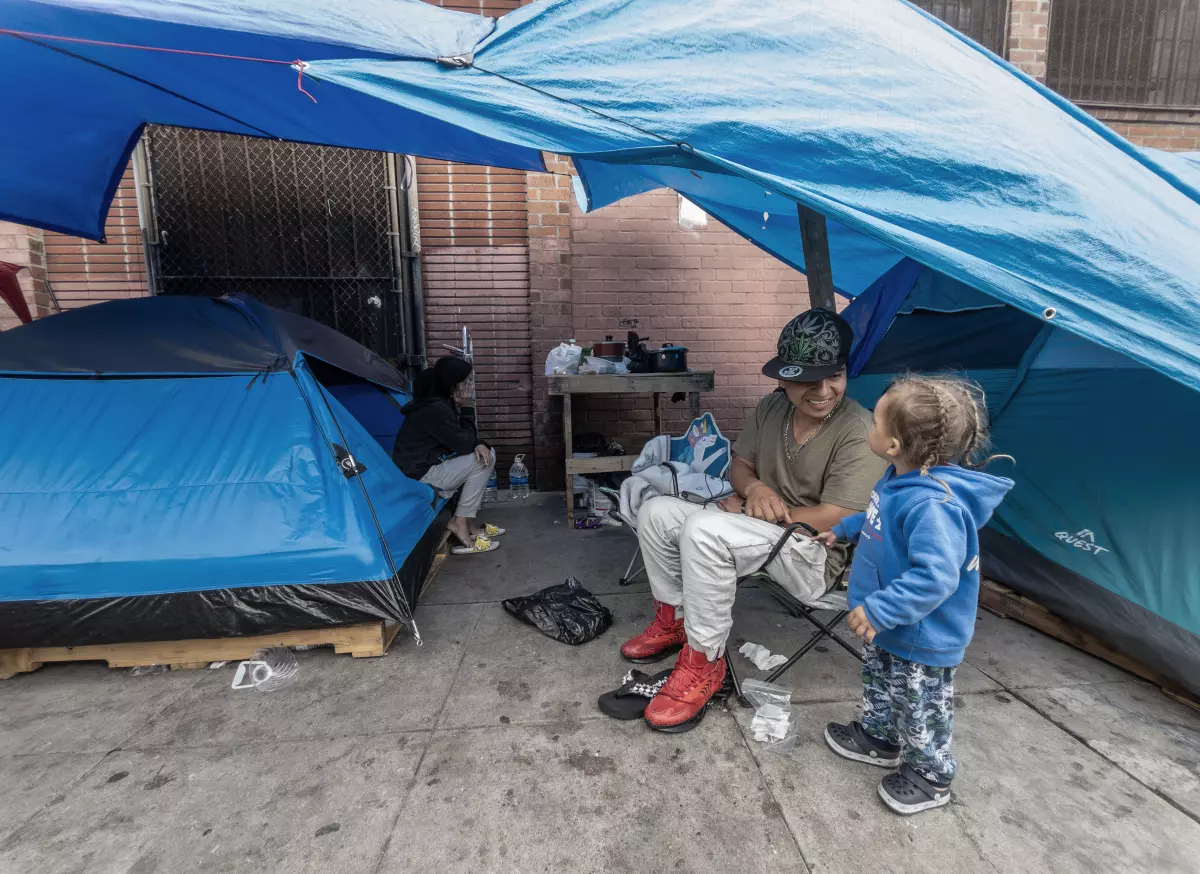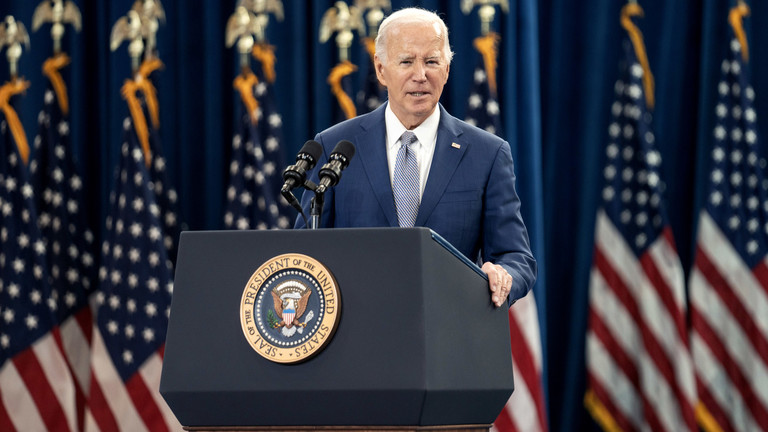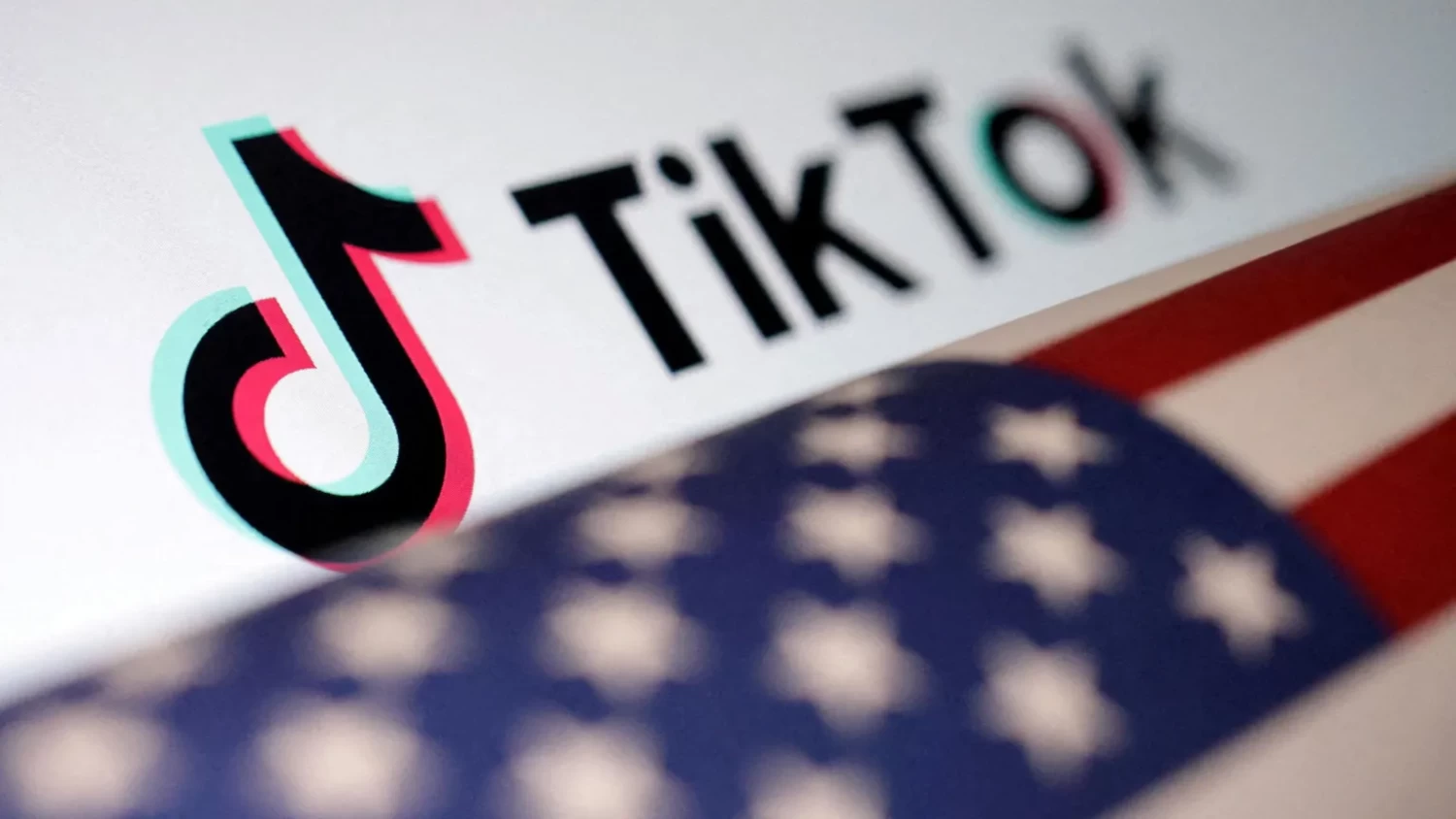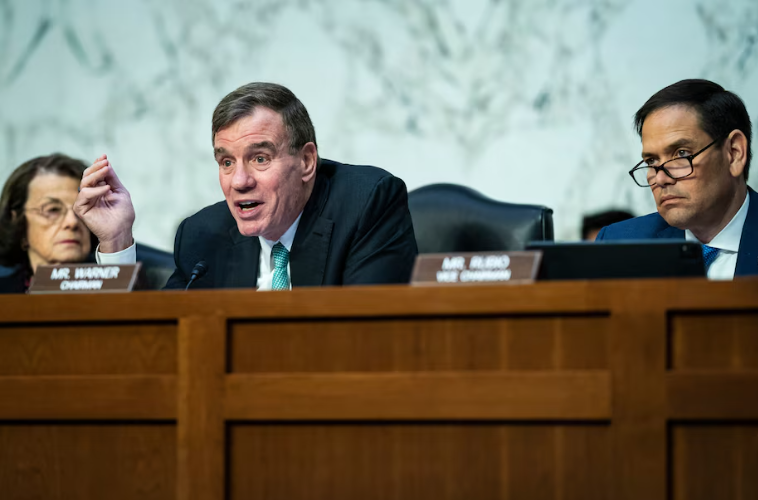This article is more than
5 year oldBarr takes shots at Mueller during tense Senate hearing

Attorney General William Barr on Wednesday offered pointed critiques of Robert Mueller’s investigation after it was revealed that the special counsel had twice pressed Barr to speed the release of his report's summaries and introductions to Congress and the public.
In testimony to the Senate Judiciary Committee, Barr repeatedly questioned Mueller's investigation, suggesting he wasn't sure why the special counsel investigated numerous instances of potential obstruction of justice if he decided he couldn't charge President Donald Trump with a crime under Justice Department restrictions.
At times, Barr contradicted the language and legal framework outlined in Mueller’s report, and engaged in hair-splitting arguments with Democrats who accused him of "purposefully misleading" Congress in previous testimony.
“The other thing that was confusing to me was that the investigation carried on for a while as additional episodes [of obstruction] were looked into,” Barr said. “The question is, or was, why were those investigated at the end of the day if you weren’t going to reach a decision?”
Barr also said that if Mueller had found enough evidence to charge the president with obstruction, he would have noted it in his report.
“If [Mueller] had found enough evidence for an obstruction charge, I think he would state it,” Barr said.
But Barr's answers directly contradict the rationale Mueller laid out in his report. Mueller indicated in a legal analysis of obstruction of justice that “fairness” dictated he not reach a formal judgment on whether the president obstructed justice — regardless of the evidence.
Because the Justice Department prohibits indicting a sitting president, Mueller noted, suggesting Trump committed obstruction would unfairly taint his presidency and leave him without a legal recourse to clear his name.
Similarly, Mueller indicated that he pursued obstruction allegations against Trump, despite his inability to charge him, because presidents could be indicted after leaving office.
“While the [DOJ] opinion concludes that a sitting president may not be prosecuted, it recognizes that a criminal investigation during the president’s term is permissible,” Mueller wrote. “The ... opinion also recognizes that a president does not have immunity after he leaves office.”
Barr took another shot at Mueller when he said the Justice Department was “not in the business of exonerating.” It was a veiled reference to the obstruction section of Mueller’s report, which stated: “While this report does not conclude that the president committed a crime, it also does not exonerate him.” Barr ultimately decided to include that sentence in his four-page summary.
Barr's comments came after House lawmakers Wednesday morning released Mueller’s March 27 letter asking Barr to release the report’s summaries and introductions publicly, warning "public misunderstandings" threatened to undermine confidence in the Russia probe.
In the letter, Mueller revealed that he pressed Barr to make elements of his report public on March 25 — a day after Mueller finalized his report — and urged Barr to do so again. But Barr ultimately kept the report secret for nearly a month, reviewing it for several categories of information to redact — and he made no indication to Congress or the public that Mueller disagreed with his handling of the report.
The letter was made public just as Barr arrived on Capitol Hill for the first of two days of testimony on Mueller's findings amid a barrage of criticism about his decision to publicly characterize the findings of Mueller's 22-month probe before making it public and to do so in a way that Mueller felt contributed to public misunderstanding.
Mueller wrote his letter just three days after Barr made public a four-page summary of his “principal conclusions” from Mueller’s report — and the special counsel expressed concern that Barr’s memo sowed “public confusion about critical aspects of the results of our investigation.”
Mueller also wrote that Barr’s summary “did not fully capture the context, nature, and substance” of the investigation, which centered on links between Trump’s campaign and Russia, as well as whether the president obstructed the probe.
Democrats confronted Barr about Mueller’s letter, which appeared to contradict his past congressional testimony in which he said he was unaware of any concerns expressed by Mueller’s team about his four-page summary. In response, Barr said there was a difference between concerns expressed by Mueller’s prosecutors and those conveyed by the special counsel himself.
“It defies common sense,” Senate Minority Whip Dick Durbin (D-Ill.) said outside the hearing room. “He knew there were problems with it, and he was dodging.”
Barr also defended his controversial remarks to lawmakers last month about alleged “spying” on the Trump campaign during the 2016 campaign — a reference to a surveillance warrant approved for former Trump campaign adviser Carter Page.
The attorney general said he wouldn’t “back off” his characterization, saying the word “spying” does not have a “pejorative connotation.” When Sen. Sheldon Whitehouse (D-R.I.) said the word is “not commonly used” by the Justice Department, Barr responded: “It’s commonly used by me.”
Mueller’s letter added new fuel to Democrats’ allegations that Barr was trying to spin the results of the Mueller investigation in a favorable light for Trump. Democrats have also charged that Barr misled the public about Mueller’s findings on obstruction of justice — in particular, Mueller’s citation of a longstanding Justice Department policy against indicting a sitting president.
In his opening statement to the Senate, Barr defended his handling of the investigation, specifically his decision not to charge Trump with obstruction of justice despite the evidence Mueller presented.
Barr said he and Deputy Attorney General Rod Rosenstein “disagreed” with some of Mueller’s legal theories and that he believes that some of Trump’s efforts to influence the investigation “did not amount to obstruction as a matter of law.” But he says he “accepted” Mueller’s legal framework, and concluded that the evidence was “not sufficient to establish that the president committed an obstruction-of-justice offense.”
The news of Mueller’s letter echoing some Democrats' concerns has led them to demand expedited public testimony from the special counsel — a senior House Democratic aide said they hope to hear from him by next week, though they initially had sought his testimony by May 23.
Mueller’s report indicated that investigators lacked enough evidence to charge any Americans with conspiring with Russia’s broad and sophisticated effort to influence the 2016 election. But in a second volume of the report, Mueller laid out devastating details about Trump’s efforts to curtail or constrain Mueller’s probe — including attempts to have subordinates fire Mueller altogether.
Though Mueller concluded that in at least several instances Trump met all the criteria necessary to constitute criminal obstruction of justice, he said he decided against making a final judgment because Justice Department rules prohibit the indictment of a sitting president.
But when Barr revealed Mueller’s decision in March, he added his own analysis of Mueller’s obstruction findings, concluding that there wasn't sufficient evidence to establish that Trump obstructed justice and later told lawmakers that the DOJ policy about indicting a sitting president was not a factor in Mueller’s calculus.
Barr’s hearing on Wednesday, in front of a committee chaired by Sen. Lindsey Graham (R-S.C.), may be an easier task than his scheduled Thursday hearing before the Democrat-run House Judiciary Committee. Graham said that he has no qualms about Barr’s handling of Mueller’s report and that he’s convinced Trump did not obstruct justice, despite Mueller’s decision to not make a judgment on the question.
It’s unclear whether Barr will attend Thursday’s House hearing. On Wednesday morning, the House Judiciary panel approved a format for the hearing that allows committee lawyers to question Barr. The Justice Department has objected to that format and has threatened that Barr would not show up.
Josh Gerstein, Darren Samuelsohn and Natasha Bertrand contributed to this report.
Newer articles
<p data-qa="subheadline">Lawmakers sped the proposal, the most significant threat to the popular app’s U.S. operations, by tying it to a sprawling funding package offering...
Ukraine war: Kyiv uses longer-range US missiles for first time
How soon could US ban TikTok after Congress approved bill?
TikTok faces US ban as bill set to be signed by Biden
‘LOSING CREDIBILITY’: Judge explodes at Trump lawyers as case heats up
Claim rapper ‘made staff watch her have sex’
KANYE WEST PLANS TO LAUNCH 'YEEZY PORN' ... Could Be Coming Soon!!!
Megan Thee Stallion’s Ex-Makeup Guru Talks. It’s Not Pretty.
King’s Funeral Plans Dusted Off—as Health Remains a Mystery
The EU warned TikTok’s new rewards feature could be addictive. Now the app's suspended it




